The Next Steps: Hunting 101 Classes
Thursday, June 9th, 2016This is Passport to Texas
Would-be hunters born on or after September 2, 1971 must successfully complete a Texas Hunter Education training—where they learn firearm safety—in order to legally hunt. But the learning doesn’t have to stop there.
In our advanced hunter education efforts, [you’ll learn] everything from dove hunting, to deer hunting and turkey hunting—and all the kinds of hunting that goes on in Texas. You can learn more about the species, about its habits, behaviors. Where to go hunting and the time of year to go hunting for those species.
Steve Hall is hunter education coordinator for Texas Parks and Wildlife. Hunters have an opportunity to expand their understanding of the species they hunt.
We’re launching a Hunting 101 program that enables folks to really learn more about individual species or methods, such as bow hunting and muzzle loading.
The new Hunter 101 program will launch this summer.
We’ve been testing dove hunting 101, turkey hunting and hog hunting 101workshops already. So, we’re going to launch this summer 2016 –mostly for dove hunting, in preparation of the dove hunting season. And we’re doing that in partnership with the Texas Dove Hunter’s Association. All of these Hunting 101’s will be in partnership with conservation organizations. All of them, of which, are located in Texas as well.
Find hunter education information on the Texas Parks and Wildlife website.
The Wildlife Restoration program supports our series.
For Texas Parks and Wildlife…I’m Cecilia Nasti.
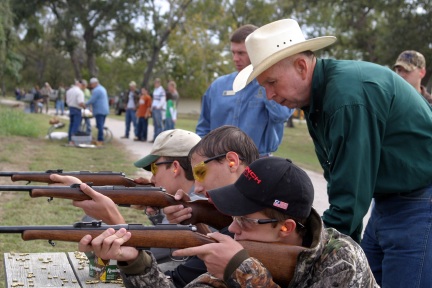

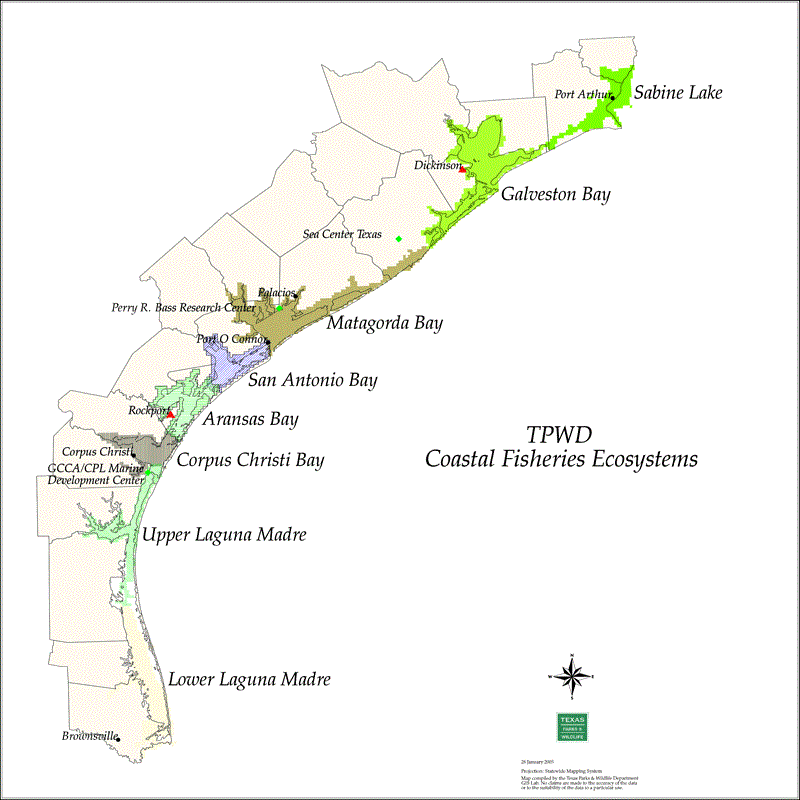
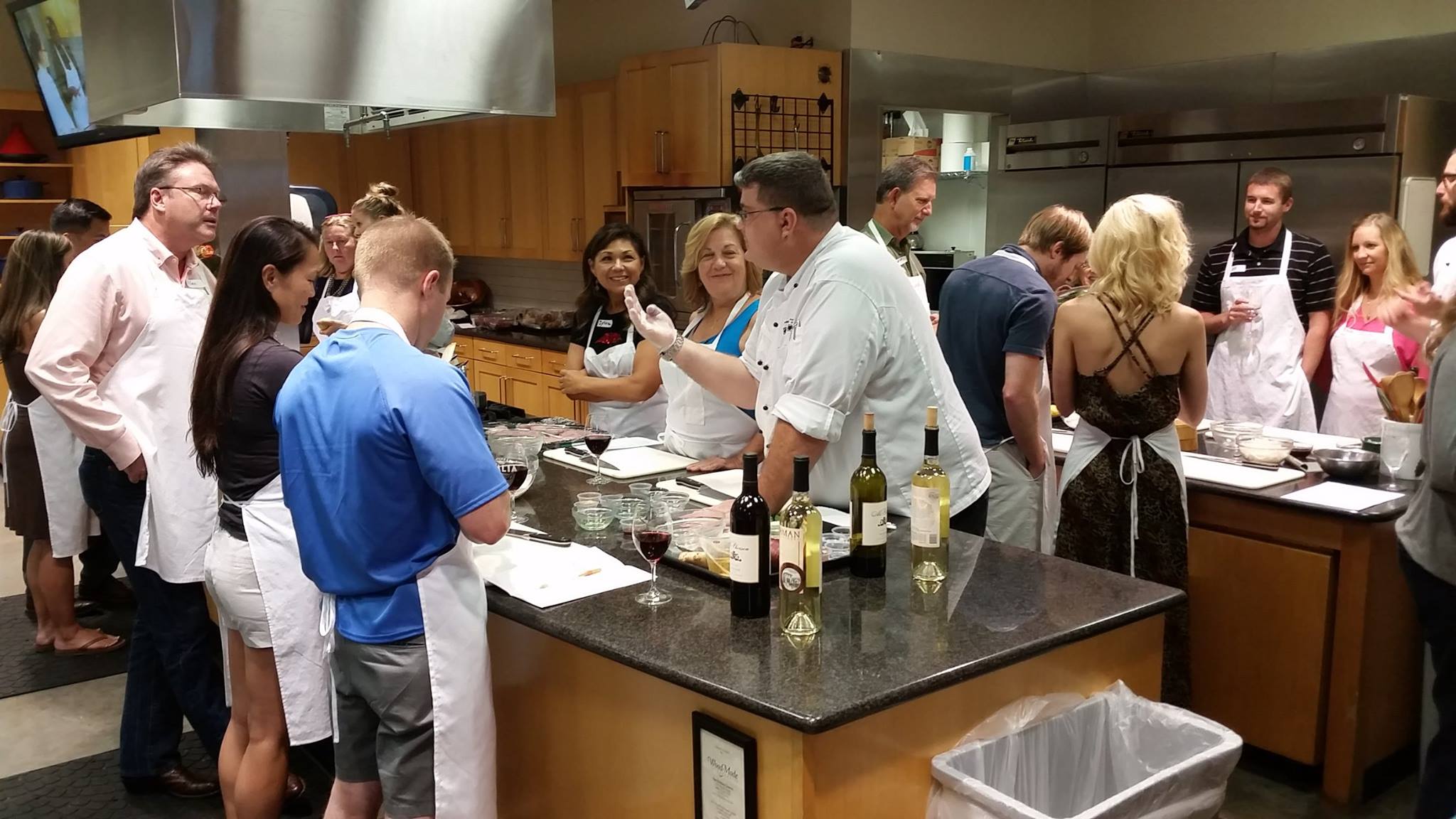
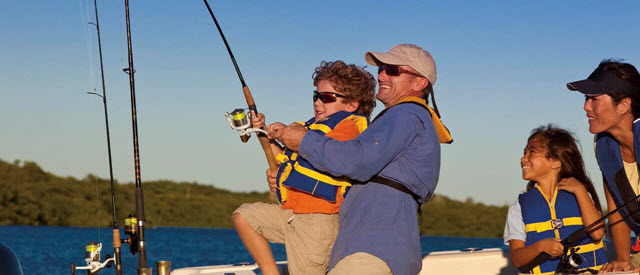
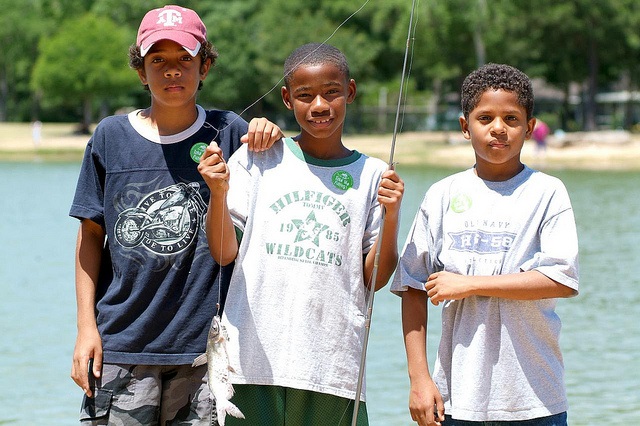

 Passport to Texas is a
Passport to Texas is a  Passport to Texas is made available by:
Passport to Texas is made available by: